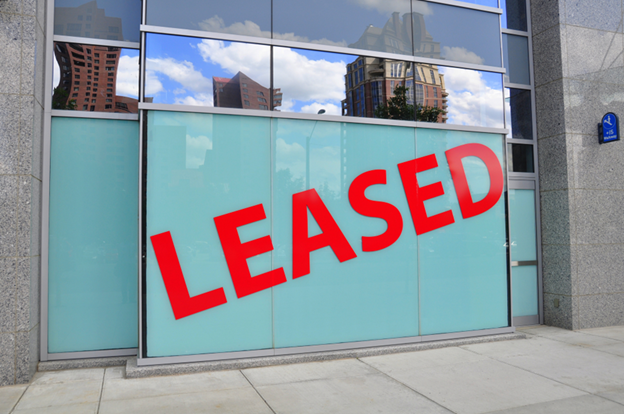I began this three-part series on licensed contractors by talking about why hiring a licensed contractor is so important in helping to ensure satisfactory results for Arizona businesses. In Part 2, I examined the issues of licensing, bonding, and insurance in greater detail. But even these important considerations don’t add up to everything a business owner must think about when it comes to hiring the right commercial contractor for the job. Here is a concise checklist of critical tasks in the contractor selection process.
Compare at least 3 estimates. Different contracting firms may charge surprisingly different rates. Obtaining at least 3 bids not only allows for some degree of choice among the candidates, but it also provides a rough picture of the local price range for the project in question. Make certain all the estimates include comparable line items, timelines, materials and methods. While spending too much is wasteful, be very wary of suspiciously low bids as well. Extremely low bids signal a contractor who is reducing the quality of both materials and labor utilized. It may also be a sign of an inexperienced contractor who cannot properly evaluated and bid a project.
Check the contractor’s insurance and bonding status. A contractor should have both standard commercial insurance and another type of insurance called a surety bond. The insurance protects the contractor against injuries or other disasters that might cause it to suspend operations or even go out of business altogether. Bonding ensures that the contractor’s surety company will back any compensation that the contractor might owe the client. Ask for official, documented proof of insurance and bonding.
Check for licensing. A contractor that can’t be bothered to get licensed may be equally indifferent to providing work that is up to code. The license is evidence that its holder has demonstrated the necessary degree of competence and knowledge to do professional-quality work. A properly licensed contractor is also more likely to be properly bonded and insured. But don’t take the contractor’s word for it—check the actual license status with the state through the Arizona Registrar of Contractors, since licensing is a requirement for contractors who wish to operate in Arizona.
Hire an established local contractor. Unscrupulous contractors can come and go, sometimes leaving clients with half-finished or unusable results. There are some “contractors” who travel state-to-state looking for areas affected by natural disasters or hot markets where good contractors are already being utilized elsewhere. Even something as simple as a permanent local street address can help establish a contractor’s permanence in the community. Asking for verifiable local client references is another wise move for ensuring that a contractor is for real.
Review the construction contract or bid proposal with an Arizona business attorney. Contracts with commercial contractors can be highly complex, if only because they must spell out so many details as clearly as possible. The contract must spell out every detail pertaining to the project, including prices, payment methods, work timelines, permit responsibilities, and the removal of trash and debris from the job site. This level of detail requires the attention and expertise of an experienced Arizona business and construction law attorney.
Come to agreement on contingencies. Circumstances can change over the course of an extended construction project—and when they do, everyone involved should know what to expect and how to respond. To achieve this goal, every conceivable contingency should already be mentioned in the contract. If a change order has to be made at some point in the project, it’s important that the business understands how this might alter costs, timelines and other expectations. It’s equally critical that both the business or individual and the contractor sign the written change order.
Make intelligent payment arrangements. Stick to the agreed-upon payment timeline in the project contract – don’t go late on the payments, and don’t leap ahead of schedule with them either. When negotiating checks for these payments, always make certain that the check is made out to the entity specified in the contract for receiving payments (and no one else). If this involves a commercial project, make certain that your actions are in compliance with the Arizona Prompt Pay Act.
© 2018 Matthew W. Harrison and Harrison Law, PLLC All Rights Reserved
This website and article have been prepared by Harrison Law, PLLC for informational purposes only and does not, and is not intended to, constitute legal or financial advice. The information is not provided in the course of an attorney-client relationship and is not intended to substitute for legal advice from an attorney licensed in your jurisdiction.






